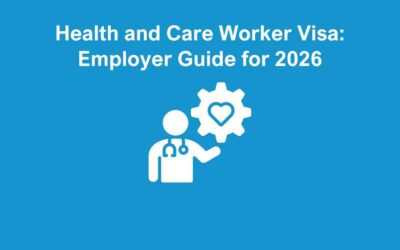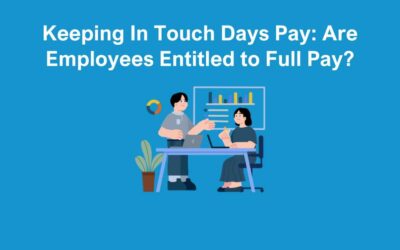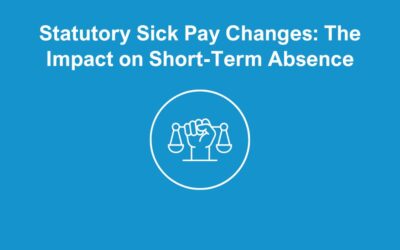In today’s competitive business landscape, companies are increasingly recognising the significance of employee experience as a pivotal factor in attracting, retaining, and cultivating top talent. Employee experience goes beyond the traditional concepts of job satisfaction; it encompasses every interaction, sentiment, and environment that an employee encounters throughout their journey within an organisation. Crafting effective employee experience strategies can lead to higher engagement, improved productivity, and a positive impact on overall company performance.
Understanding Employee Experience
Employee experience encompasses all the touch-points an employee has with their employer, from the first interaction during the recruitment process to their daily work routine, personal growth, and departure from the business. It takes into account factors such as company culture, physical work environment, leadership style, career development opportunities, work-life balance, and the overall emotional connection an employee feels towards their job and organisation.
Key Elements of Employee Experience Strategies
On-boarding:
The journey begins with a well-structured onboarding process that introduces new hires to the company culture, values, and their role within the organisation. A positive onboarding experience sets the tone for the rest of their employment.
Meaningful Work:
Employees thrive when they understand how their work contributes to the larger goals of the company. As employee experience strategies, clearly defining their roles and responsibilities and aligning them with the company’s mission can foster a sense of purpose.
Continuous Learning and Development:
Providing opportunities for skill enhancement and career growth is crucial for employee engagement and retention. Offering training, mentorship, and avenues for professional development demonstrates the company’s investment in its employees’ success.
Empowering Leadership:
A supportive and approachable leadership style can foster trust, open communication, and a sense of psychological safety. When employees feel valued and heard, they are more likely to contribute their best ideas and efforts.
Work-Life Balance:
Encouraging work-life balance through flexible work arrangements and promoting mental well-being demonstrates that you care about the health and wellbeing of your employees.
Feedback Mechanisms:
Create an open channel for feedback. Regular check-ins, surveys, and open-door policies can help in understanding employee needs and concerns. Addressing these proactively can drastically improve your employee experience strategies.
Health and Well-being Initiatives:
Today’s employees value organisations that care about their well-being. Initiatives like regular health check-ups, mental health support, gym memberships, or even wellness workshops can make a significant difference.
Recognise and Reward:
Regular recognition for efforts and achievements can boost morale. This doesn’t always mean financial rewards – a simple ‘thank you’ note, public acknowledgment, or other non-monetary rewards can be equally effective.
Foster an Inclusive Environment:
Diversity and inclusion should be at the forefront of an organisation’s culture. Employees should feel safe, respected, and valued, regardless of their background, beliefs, or identity.
Clear Communication:
Clear communication from leadership about company goals, changes, and other vital information ensures that employees feel involved and aligned with the company’s mission. This is one of the most important employee experience strategies.
Growth Opportunities:
Providing clear pathways for career advancement can be a significant motivator. Employees need to see a future in the organisation to remain committed and engaged.
Engage in Team-building Activities:
Activities outside of the regular work routine can foster camaraderie and strengthen team dynamics. This can range from team lunches to off-site retreats or even simple team games.
Work Environment:
The physical workplace, its design, ergonomics, and ambiance play a crucial role in employee experience. A well-lit, clean, and organised workspace can have a positive impact on employee productivity and satisfaction.
In conclusion
A positive employee experience doesn’t just benefit the employees but the organisation as a whole. By enhancing your employee experience strategies, you can ensure higher engagement, reduced turnover, improved productivity, and ultimately, a more robust bottom line. As the famous saying goes, “Take care of your employees, and they will take care of your business.”
Contact US







